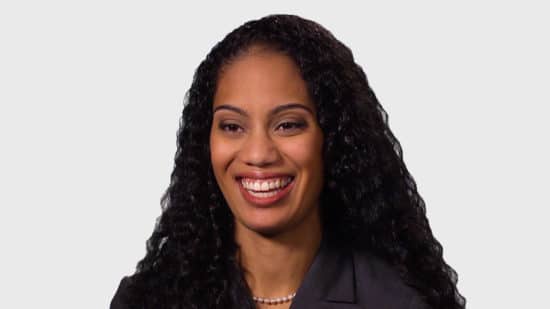Epidemiologist
What you need to know
Epidemiologists are public health professionals who investigate patterns and causes of disease and injury in humans.
They seek to reduce the risk and occurrence of negative health outcomes through research, community education, and health policy.
Most epidemiologists spend their time studying data and reports in an office setting. Work in laboratories and the field tends to be delegated to specialized scientists and other technical staff.
In-state and local government public health departments, epidemiologists may be more active in the community and may need to travel to support community education efforts or to administer studies and surveys.
Some tasks an epidemiologists might do:
- Plan and direct studies of public health problems to find ways to prevent and treat them if they arise
- Collect and analyze data through observations, interviews, surveys, and samples of blood or other bodily fluids to find the causes of diseases or other health problems
- Communicate their findings to health practitioners, policymakers, and the public
- Manage public health programs by planning programs, monitoring their progress, analyzing data, and seeking ways to improve the programs in order to improve public health outcomes
- Supervise professional, technical, and clerical personnel
Watch this video to learn about what our epidemiologist role models do in their careers:
- Communication skills. Epidemiologists must use their speaking and writing skills to inform the public and community leaders about public health risks. Clear communication is required for an epidemiologist to work effectively with other health professionals.
- Critical thinking skills. Epidemiologists analyze data to determine how to best respond to a public health problem or an urgent health-related emergency.
- Detail orientation. Epidemiologists must be precise and accurate in moving from observation and interviews to conclusions.
- Math and statistical skills. Epidemiologists may need advanced math and statistical skills to design and administer studies and surveys. Skill in using large databases and statistical computer programs are also important.
- Teaching skills. Epidemiologists may be involved in community outreach activities that educate the public about health risks and healthy living.
Watch this video to learn more from our epidemiologist role models:
The average pay for epidemiologists in the United States was $81,390 in May 2023 according to the U.S. Bureau of Labor Statistics.
An epidemiologist’s pay depends on factors such as level of experience, education and training, geographic location, and specific industry.
About 800 new job openings for epidemiologists are projected each year, on average, over the next 10 years in the United States.
Overall employment of epidemiologists is projected to grow 27 percent from 2022 to 2032 according to the U.S. Bureau of Labor Statistics. This is much faster than the average growth rate for all occupations.
Demand for epidemiologists is also expected to increase as new healthcare technologies lead to the discovery of new and emerging diseases. These discoveries require research to understand the diseases and to develop methods for reducing their adverse health consequences.
Epidemiologists typically need at least a master’s degree from an accredited college or university. A master’s degree in public health with an emphasis in epidemiology is most common, but epidemiologists can earn degrees in a wide range of related fields and specializations.
Some epidemiologists have both a degree in epidemiology and a medical degree. These scientists often work in clinical capacities. In medical school, students spend most of their first 2 years in laboratories and classrooms taking courses such as anatomy, biochemistry, physiology, pharmacology, psychology, microbiology, and pathology. Medical students also have the option to choose electives such as medical ethics and medical laws. They also learn to take medical histories, examine patients, and diagnose illnesses.
Discover some of the courses you will take pursuing a degree in Public Health.
Watch this video to learn more from our epidemiologist role models:



